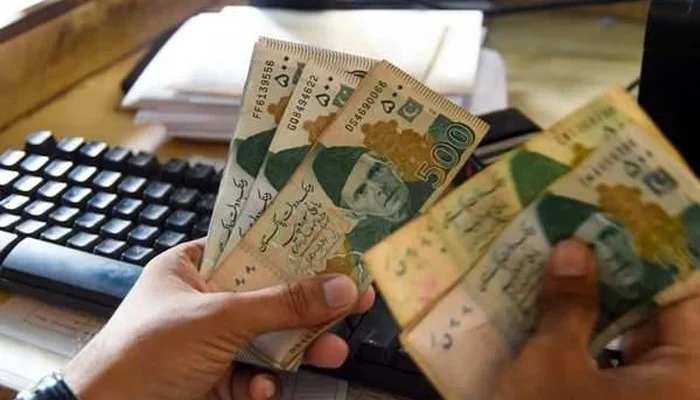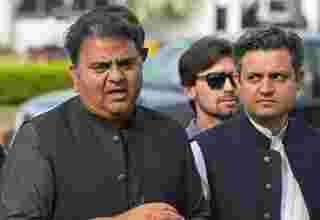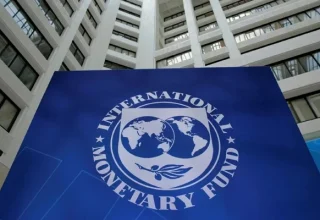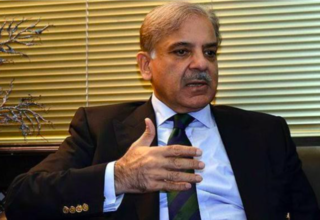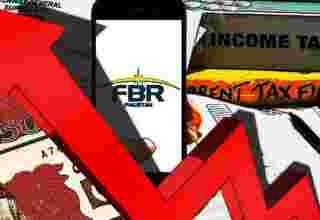ISLAMABAD, June 15(ABC): The government is reviewing the new slabs announced for personal income tax (PIT) to bring them in line with the demands of the International Monetary Fund (IMF), the chairman of the Federal Board of Revenue (FBR), Asim Ahmad, said on Tuesday.
Ahmad saw it as quite the predicament given the narrow tax base which makes it difficult to raise the rate from 35% to 70% for higher income slabs.
Most of the taxpayers were excluded from initial slabs and the government wanted to protect the monthly income earner of Rs200,000, said the report.
“It is a difficult situation and different options are under consideration for jacking up rates of income slabs beyond income earner of Rs200,000 per month as this step could reduce the relief from the existing Rs47 billion proposed through the budget,” the FBR chairman FBR said, while talking to reporters outside the Senate Standing Committee on Finance meeting at the Parliament House where a meeting to finalise recommendations for budget 2022-23 was held.
The government is considering keeping low rates for slabs up to income earners of Rs5 million after which all the remaining slabs will be adjusted upwards to recover the existing relief of Rs47 billion on Personal Income Tax and then ensure net collection up to level acceptable to the IMF.
Meanwhile, the IMF wants withdrawal of petrol and diesel subsidies by passing on full-fledged pricing to consumers by the end of the ongoing financial year. This clearly indicates that the government will have to hike the POL prices twice within the ongoing month to abolish subsidies.
On the tax revenue side, the IMF wants major changes in PIT as the Fund raised the objection that the FBR moved differently from what was agreed on the occasion of the completion of the 6th review under the $6 billion Extended Fund Facility (EFF). The IMF has placed PIT reforms as a structural benchmark and Pakistan made a commitment to share the roadmap for implementing PIT reforms with the IMF by the end of February, with the decision to implement it in budget 2022-23 with effect from July 1.



